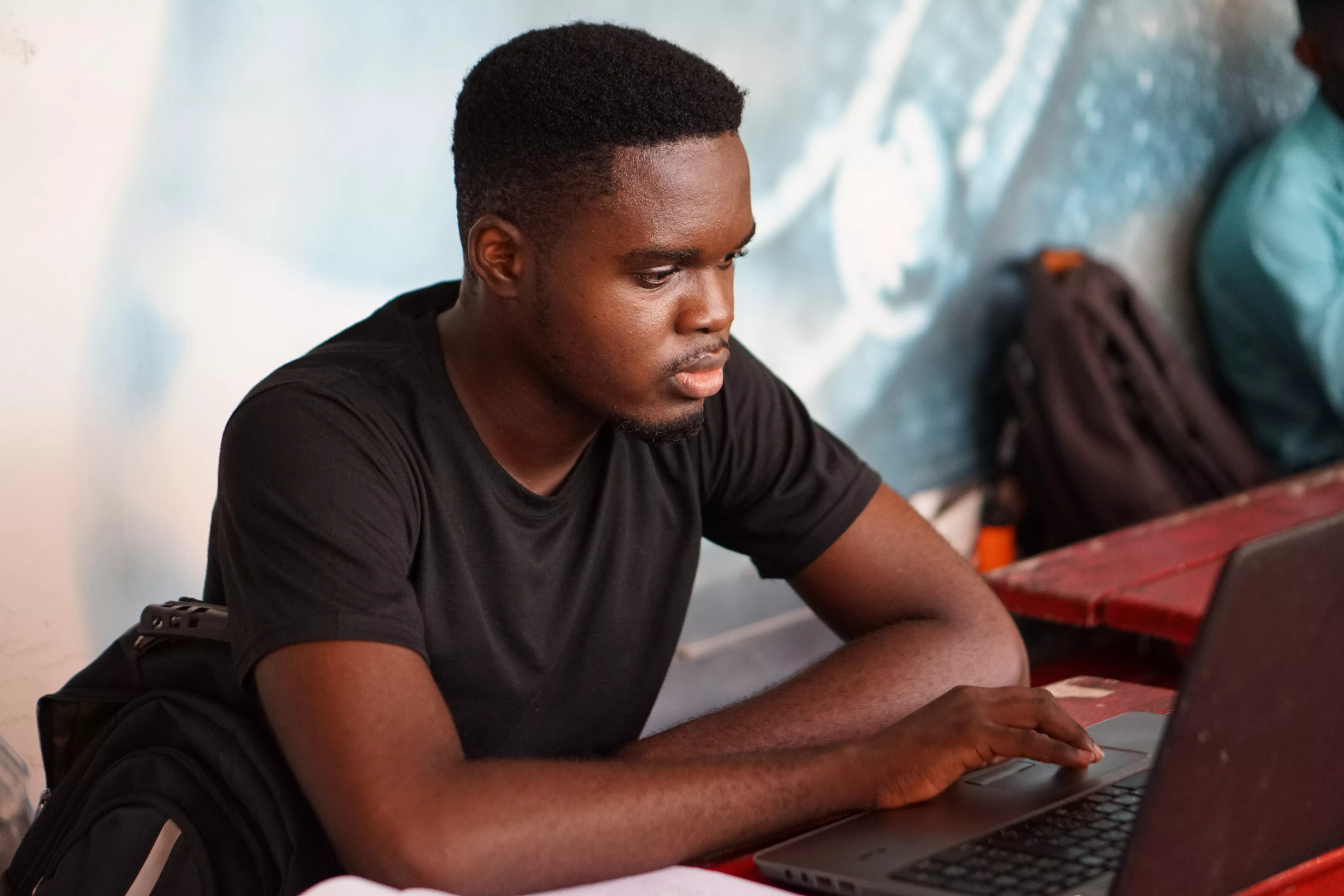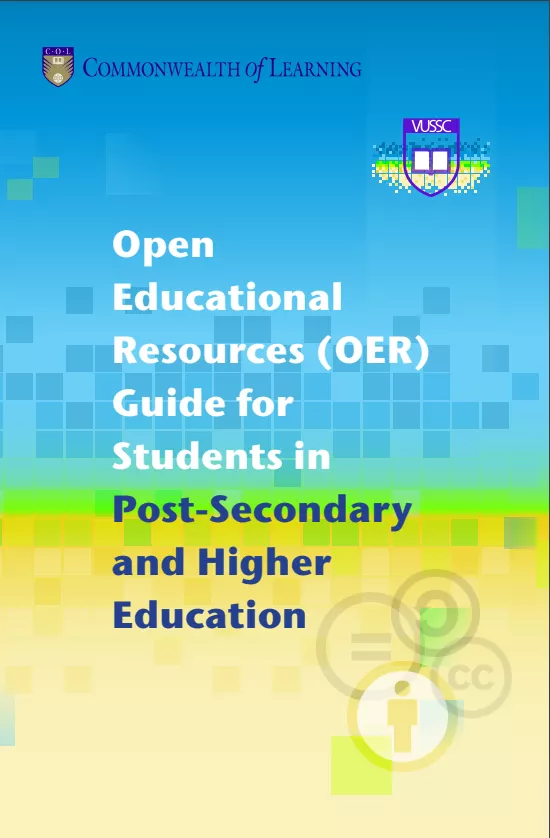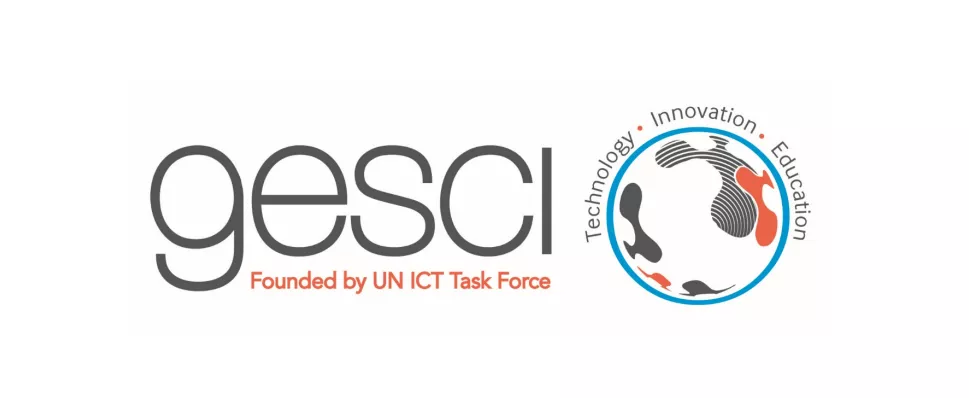
The South African National Qualifications Framework and the Fourth Industrial Revolution
For the first time in the history of the South African Qualifications Authority (SAQA) Bulletins, the writing of papers and the production phases of the Bulletin materialised within the context of a global pandemic. The Fourth Industrial Revolution (4IR) has become a topical area of discussion and engagement across various sectors, including education and training, and developments have gained momentum under Covid-19.





